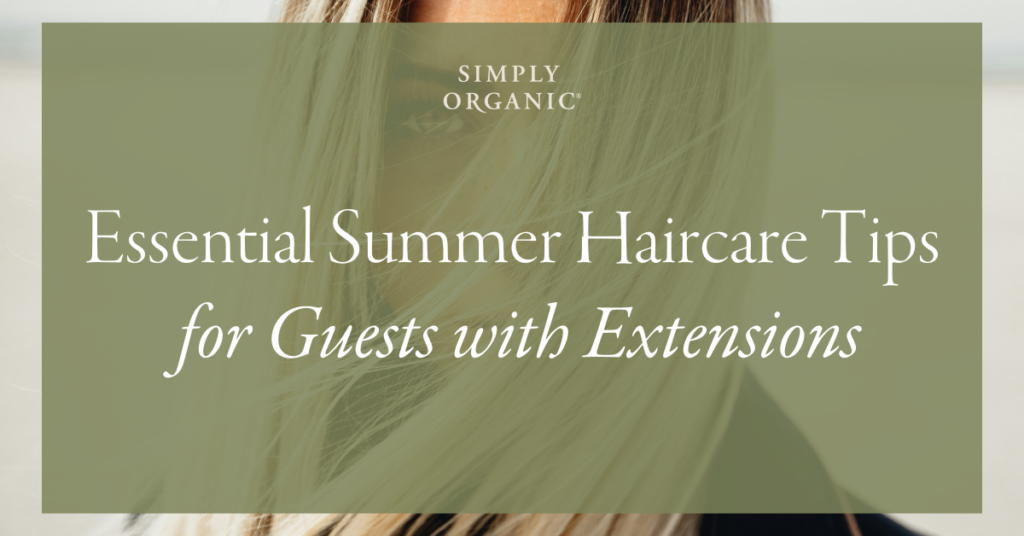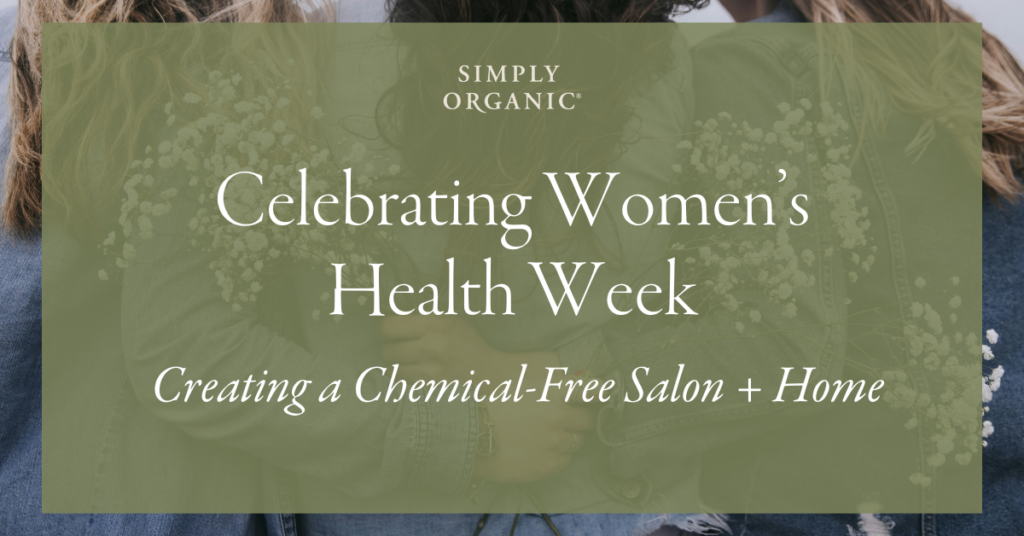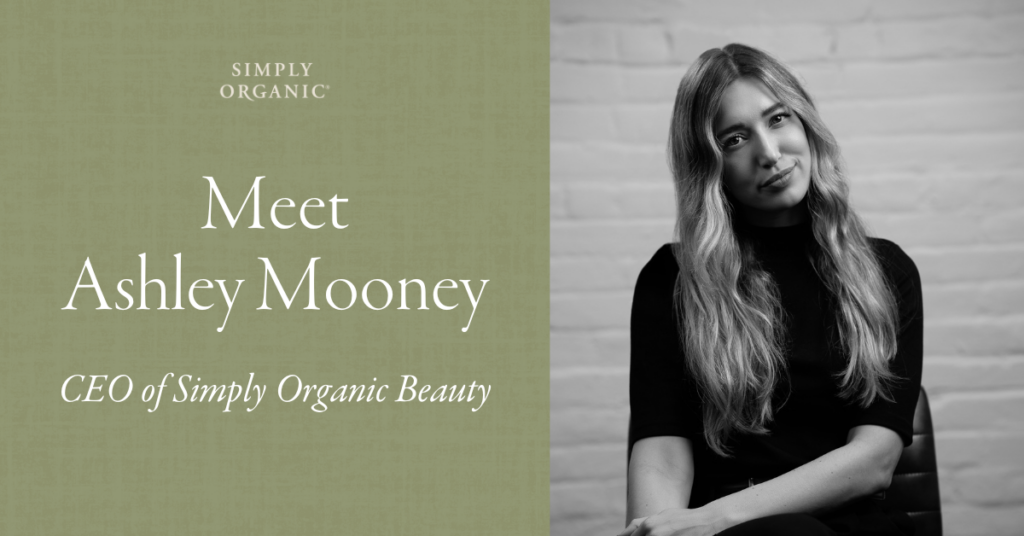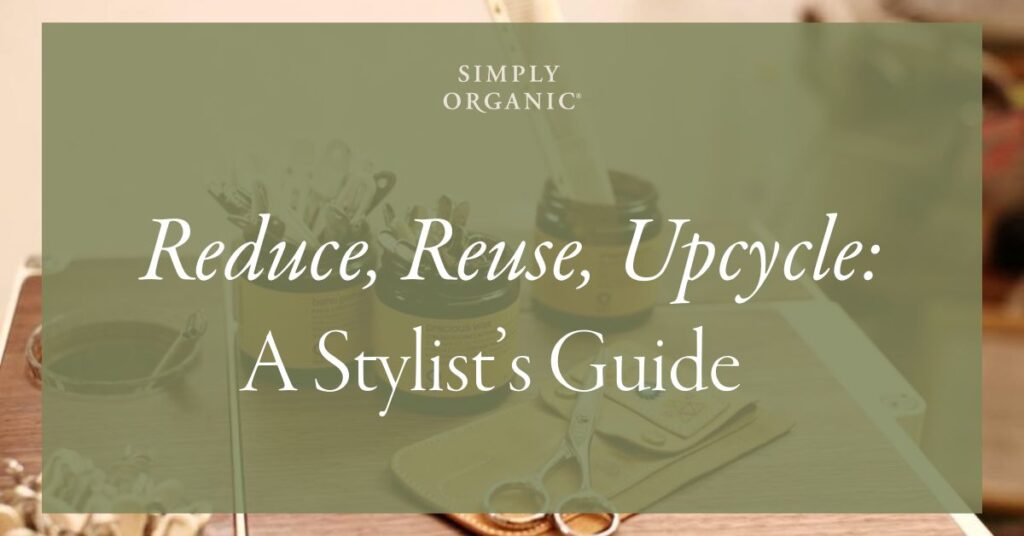Toxic Chemicals in Salons & Hair Care Products Are Hurting Black Stylists & Clients
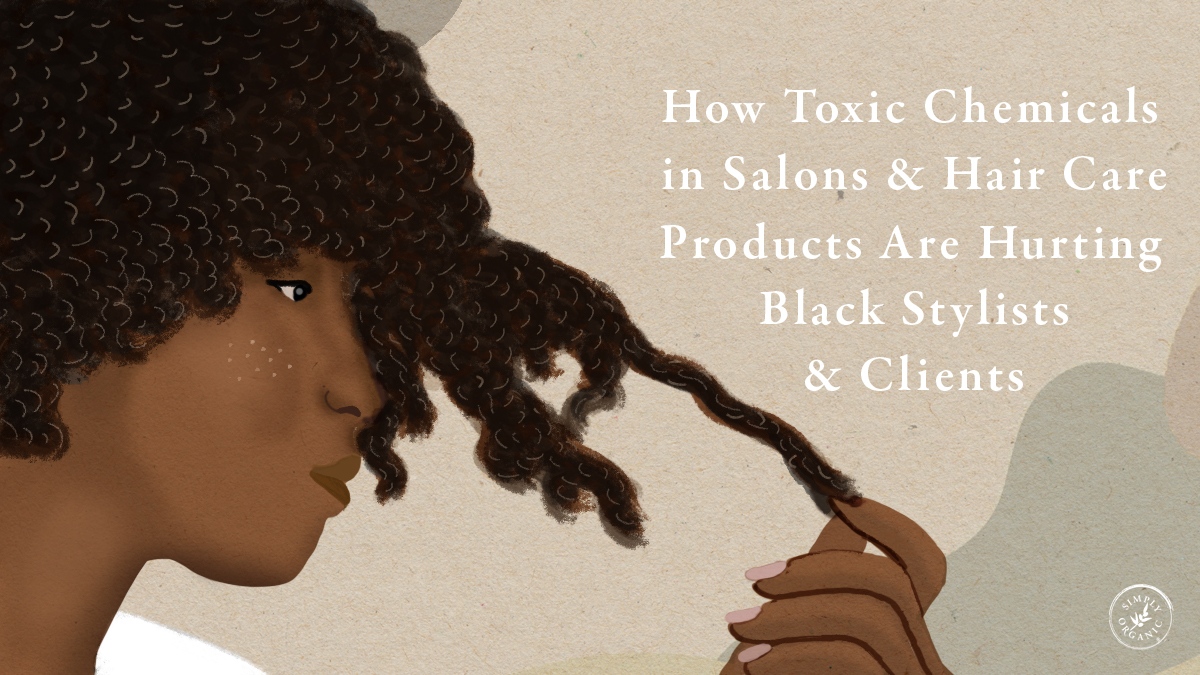
The fight to rid Black salons of toxic chemicals is a fight that has been going on for a number of years. Re-texturizing products such as hair relaxers are commonplace in Black salons, as well as higher levels of harsh chemicals, which is especially concerning for salon owners and staff who are constantly breathing in these fumes.
The prevalence of chemically laden products in the texture hair community is partly due to the Euro-centric beauty standards that have reigned supreme in decades past and currently still do. Many women have began to embrace their naturally textured hair, a movement started back in the ’60s brought to mainstream attention by celebrities and models taking advantage of the new ‘influencer’ social media trend that emerged in 2010. Influencers like YouTube star Kimmaytube in 2011 and celebrities in 2018 began to publicly post content sporting hair reminiscent of their Afrocentric lineage. However, the stigma and discrimination against Black women and their natural hair continues to persist in 2020. [Corrected 6.12.20 source @kristina.chaka].
The effects of this discrimination? Hair straighteners. Relaxers. Frizz controls. Hot oil treatments. You name it and the toxic chemical overload is there. There is no incentive to regulate the cosmetics industry, so there are plenty of loopholes to sneak in toxic chemicals even in products labeled as ‘natural’. This, paired with lack of studies in natural hair care products and lack of studies including women of color, specifically Black women, creates a dangerous environment—both physically and culturally.
“Danielle Polion and her friends — 20-year-olds Gia Combs and Jayalah Bailey — said they remember being told as young as 8 years old that their braids, locks, Afros and other styles that protect their strands of hair were messy and unkempt. Going straight was the solution.” — Wave3News
This isn’t an uncommon plight. The pressure for Black people to choose hairstyles that radically reshape their natural texture is prevalent in society, and creates the demand for chemically laden re-texturizers in the salon and beyond.
Lets look at two ingredients commonly included in hair straighteners: Sodium hydroxide and Lye. These essentially break down the strength of hair and allow it to be more easily manipulated and styled. Chemical hair relaxers are linked to baldness, growths in the uterus, premature births and low infant birth rate in pregnant women. As for stylists who are repeatedly exposed to these toxic chemicals in Black salons on a day-to-day basis, symptoms include asthma, dermatitis, hair loss and a range of negative symptoms related to hormone disruptors. And these relaxers are one of the most common tools used to straighten Black hair.
While exposure to these harmful toxins happens in-salon, the effects are felt much past the long workdays.
“In 2019, I joined a wellness club that was a huge proponent of holistic and toxic-free living so I had begun using toxic-free cleaning products in my home. That practice eventually spilled over into the salon. The more I learned, the more concerned I became for what I was exposing myself and my clients to while in my chair,” said Jasmine Stephens, a now holistic hair stylist using Oway in her salon.
The problem is further complicated by very distinct lines in the sand between White and Black hair care products. Most Black products and brands cater specifically to textured hair, while others that stay ‘general’ would never work for Black women and men. 70% of the products marketed towards Black hair care contain toxic chemicals compared to only 40% marketed towards the ‘general public’ (Environmental Working Group).
“The main reason I switched to Oway was not only because of the natural ingredients, but because it is also a multicultural product line,” said Michael Patrick of Michael Patrick Hair Studio in Richmond, VA.
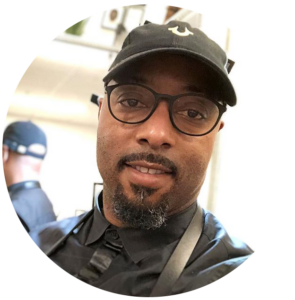
“I love the fact that my clients are from different cultures and hair textures so I don’t have to separate products from my Black and Brown clients, then use another product line for my White clients. Oway covers all hair textures without compromising the integrity of the hair. I can feel good about using real ingredients on all my clients without having to worry about any toxic side effects for them or me.” — Michael Patrick
And with the natural hair care movement paired with more brands like Oway and Original & Mineral taking a stand against toxic hair care and salon products, some progress has been made. National policy is slow to form and slow to react, but grassroots movements of environmental and women’s health agencies have enacted change on local levels.
States that have certification for safe and healthy salons include California, Boston, Massachusetts, and King County, Washington. 4 out of 50 is no grand gesture, but these are policies and programs whose groundwork can serve as an example for progress and legislation in the future.
Many stylists like Patrick and Stephens have already taken matters into their own hands, looking after their own health, their clients’ and salon staff’s well-being while in their space.
“The incorporation of Oway products, essential oils and natural ingredients sparks great conversation about the benefits of holistic and toxic-free living. On a personal level using these products helped to solidify my commitment to “green living” now that every area of my life—personal and professional is riding the same wave.” — Jasmine Stephens
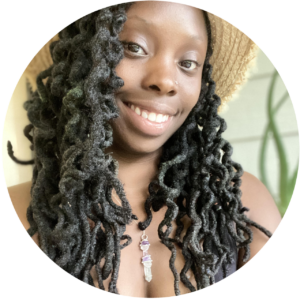
So What Can We Do?
Lets all work to end hair discrimination, now. If BIPOC women choose to straighten their hair for their own self-love purposes and because they want to, more power to them! But there should be no instance in which a young girl or new professional is forced to use harmful products because of a society stuck in Euro-centric beauty standards.
- Hair discrimination is currently perpetuating racial injustice and it has serious economic and health consequences for Black people. You can help by signing The CROWN Act petition, a movement to end hair discrimination in schools and workplaces through policy here.
2. When shopping for natural hair care for the salon or when choosing for yourself, look for some of these ingredients that are natural and good for textured hair health.
From the Sierra Club:
- Aloe Vera heals scalp problems and stimulates hair growth
- Grapeseed conditions, moisturizes and easily absorbs into hair and scalp while still being lightweight
- Jojoba strengthens hair naturally and repairs dry scalp and inflammation
- Honey is a humectant and antifungal
- Coconut Oil is a hydrating emolient that seals moisture into the hair follicle
3. Avoid the following toxic chemicals:
- Fragrance or Parfum – Many labels hide toxic chemicals in this “ingredient”. If you see this ingredient, make sure to find out what the fragrance is made of (synthetic or natural/essential oils)
- Formaldehyde – Check out this article to know why Formaldehyde is toxic.
- Lead acetate – Lead acetate has been linked to developmental issues in children, reduced fertility, organ system toxicity, cancer, and other problems.
- Parabens – Parabens are often used in beauty products as preservatives. Apart from causing cancer, preservatives have been known to compromise the integrity of the hair and scalp.
For a full list, find the Sierra Club article here.

